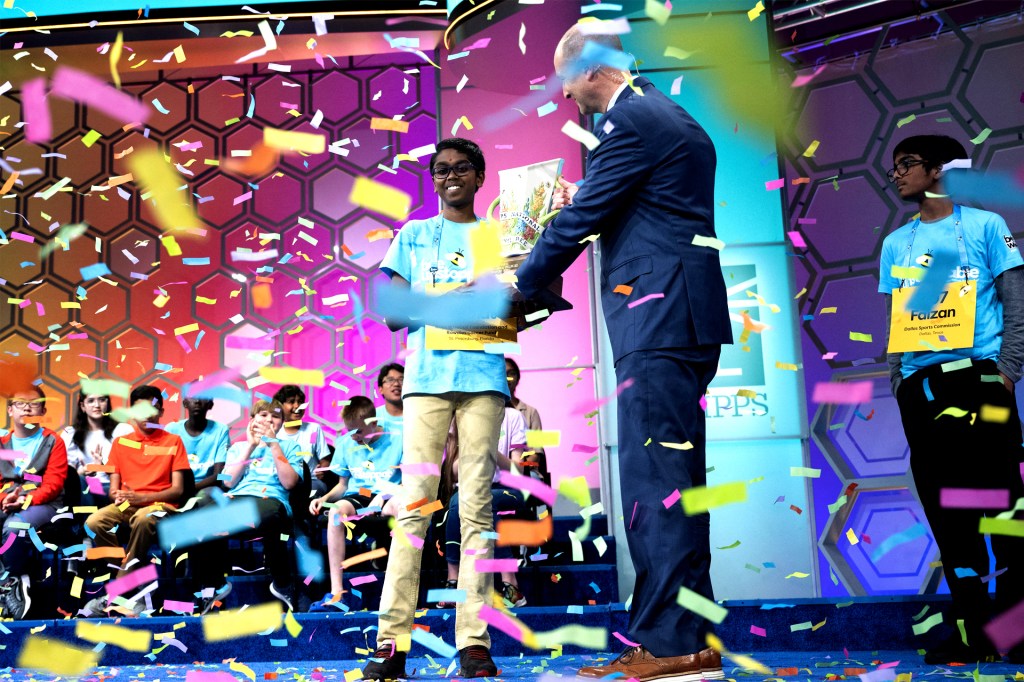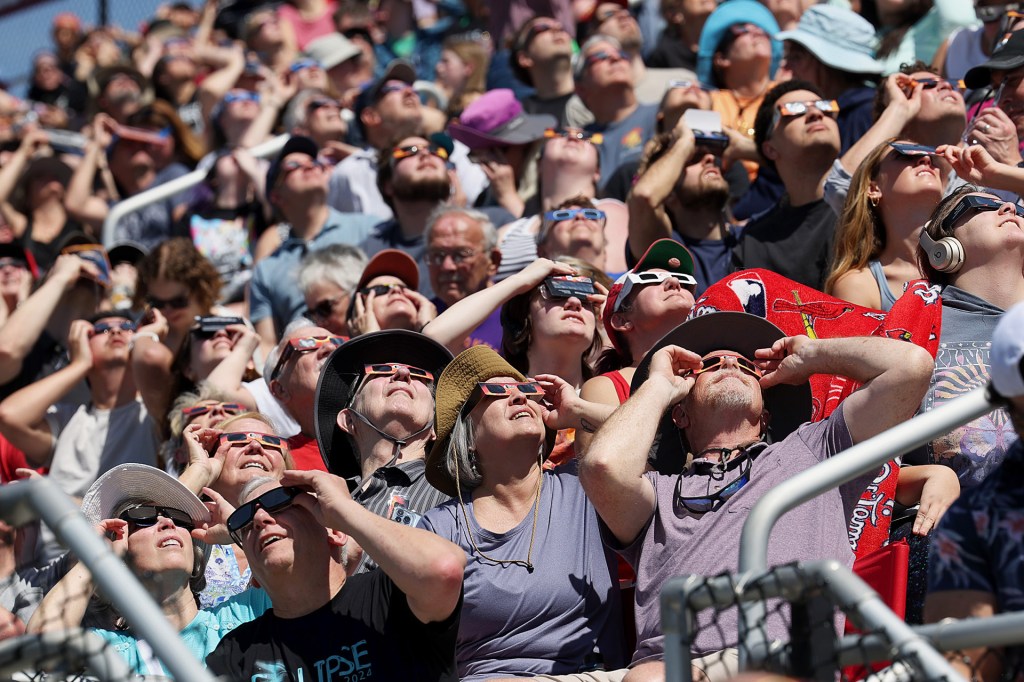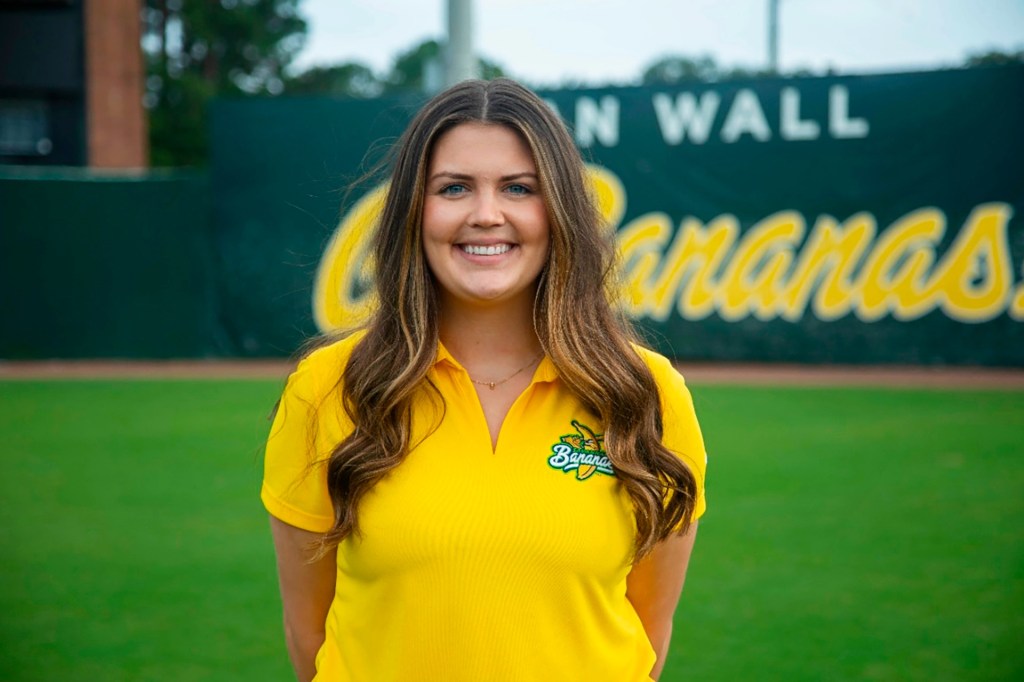8 Questions for Elizabeth Clay Roy
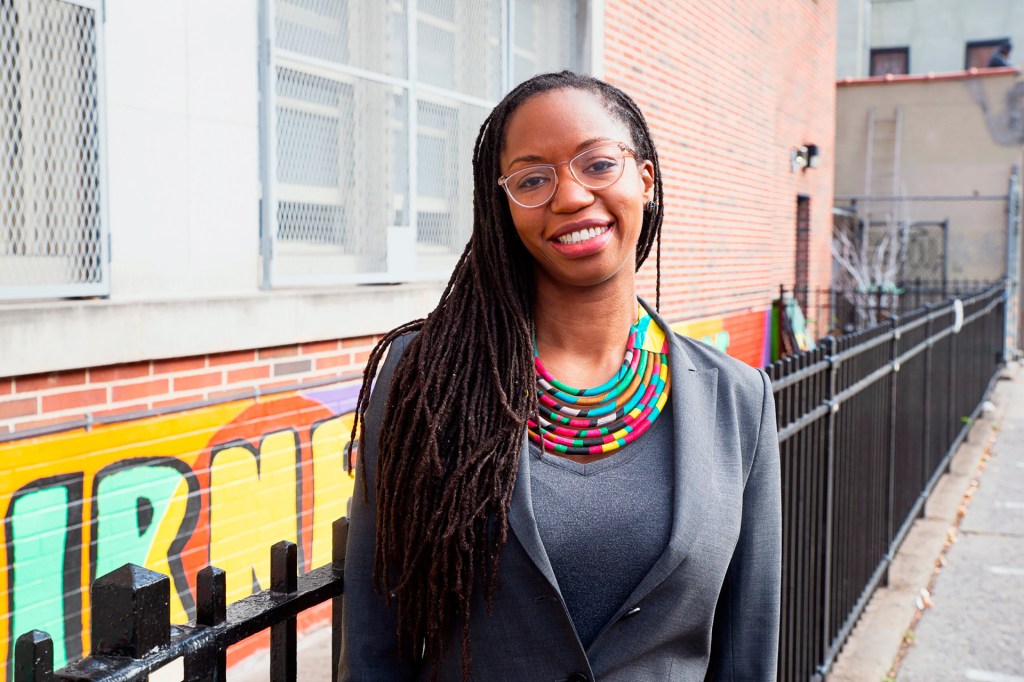
Elizabeth Clay Roy is the CEO of Generation Citizen. That’s a nonprofit group that tries to involve students in the democratic process. Clay Roy spoke with TFK Kid Reporter Mina Fedor.
1. What’s the mission of Generation Citizen?
Generation Citizen seeks to catalyze
catalyze
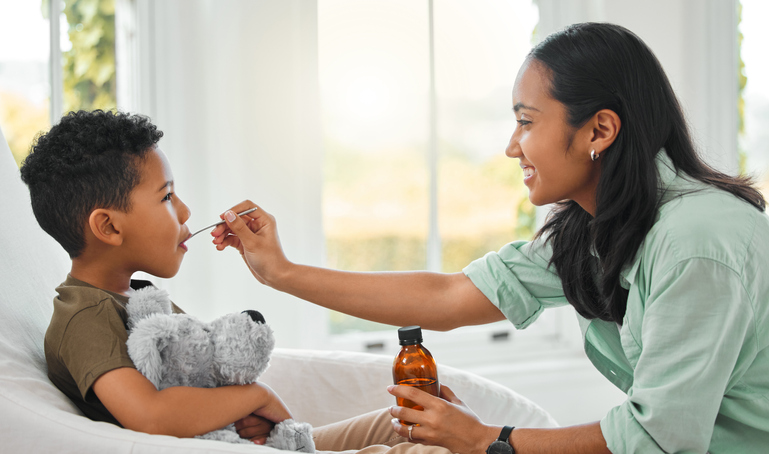 PEOPLEIMAGES/GETTY IMAGES
to bring about
(verb)
Rest and medicine catalyzed the healing process.
an education movement. We want young people to have the skills, knowledge, and disposition
disposition
PEOPLEIMAGES/GETTY IMAGES
to bring about
(verb)
Rest and medicine catalyzed the healing process.
an education movement. We want young people to have the skills, knowledge, and disposition
disposition
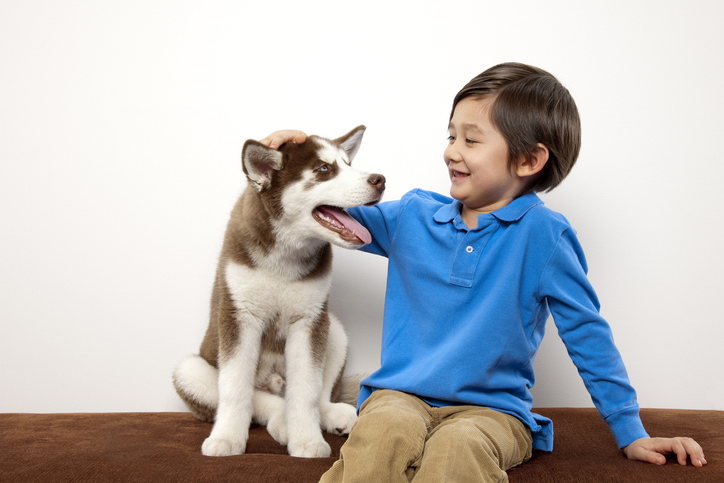 CHRIS STEIN—GETTY IMAGES
the tendency to act or think in a certain way
(noun)
The dog has a sweet disposition.
to be change-makers. That’s the heart of our work.
CHRIS STEIN—GETTY IMAGES
the tendency to act or think in a certain way
(noun)
The dog has a sweet disposition.
to be change-makers. That’s the heart of our work.
2. Why should kids be civically engaged?
In our democracy, we can determine how we are represented in government. We need to be well-informed about how our representatives make decisions. And how those decisions impact our lives.
3. What got you started in the work you do?
I was interested in my community from when I was a teenager. I got involved with volunteering as a way of giving back.
4. You were campaigning for candidates before you were old enough to vote. What inspired you?
I grew up in a household where there was a strong belief that community mattered. Community was an extension of our family life. When I’m going door-to-door for a candidate, my goal is not to say why someone would make a good city-council member. It’s to draw a person into a conversation.
5. How do you deal with disagreement?
Disagreement is a healthy part of democracy. It’s important to make sure we’re listening to one another and treating one another respectfully.
6. Generation Citizen runs a campaign to lower the voting age to 16. Can you talk about that?
Young people are able to drive, pay taxes, and take on other responsibilities in their families and communities. The right to vote is a natural extension of those responsibilities.
7. Does social media play a role in your work?
Social media is one tool for influencing change. So is speaking at a [city council] hearing or writing to the editor of a newspaper.
8. What can kids do to make a difference?
With your peers, identify an issue that you care about. Contact those who represent your community, and share your point of view. Trust that you have power, because you really do.




